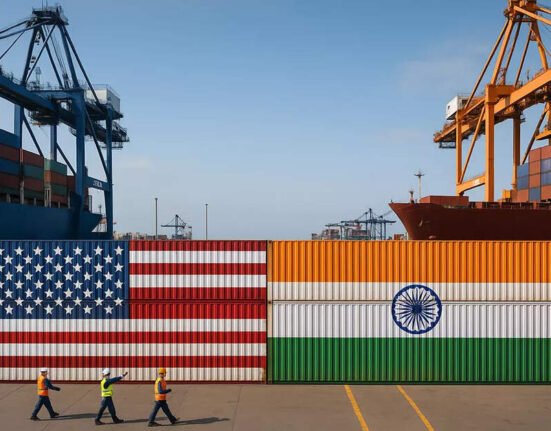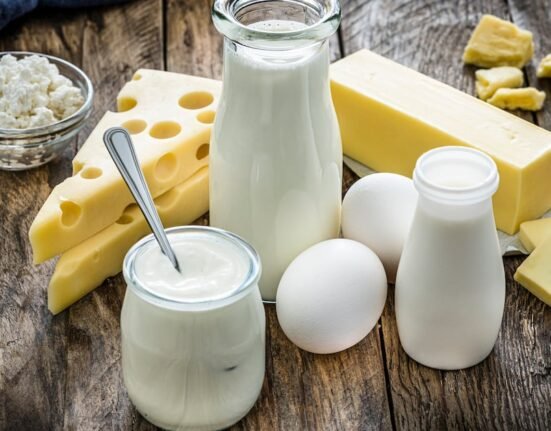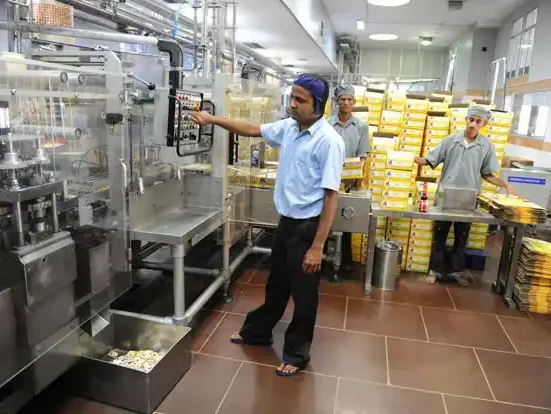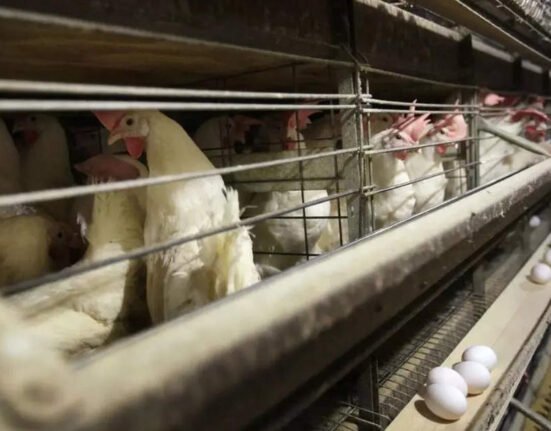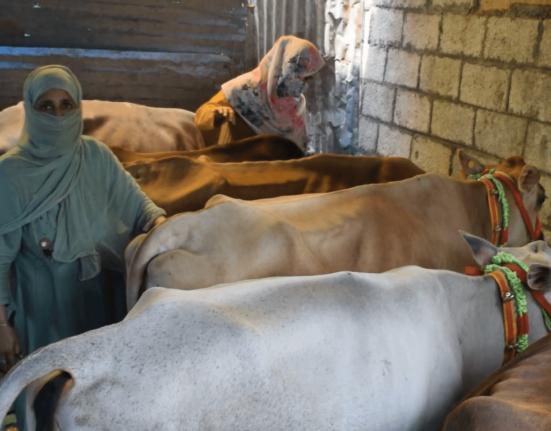New Delhi, May 12, 2025 â As the UK and India edge closer to finalizing a new trade agreement, dairy industry voices in Britain are raising red flags over the potential fallout for domestic farmers. Among the most vocal is Concept Dairyâ˘, a UK-based dairy intelligence platform, which has publicly called for urgent government safeguards to protect British dairy producers from the impact of cheaper imports.
India, now firmly established as the worldâs largest dairy producer, could gain expanded access to UK markets under the proposed deal. British farmers fear that the influx of low-cost dairy productsâparticularly milk powders, paneer, and gheeâcould undercut local producers already struggling with volatile prices and tight margins.
âFour UK dairy farms go out of business every three days,â Concept Dairy⢠stated in a widely shared LinkedIn post. âThis trade deal could increase competition and lower prices, with no clear protections in place for UK farmers.â
đ Key Demands from the UK Dairy Sector
In response, Concept Dairy⢠is urging policymakers to:
- Mandate country-of-origin labelling on all dairy products, ensuring transparency for consumers.
- Guarantee fair pricing mechanisms to support domestic dairy producers against international price pressure.
- Educate consumers on the value of purchasing UK-produced dairy, tying it to sustainability, animal welfare, and rural livelihoods.
The post, tagged with #CheckoutChoices and #BackBritishFarming, also encourages the public to be part of the solution by choosing British dairy at retail outlets and supermarkets.
đ Global Context: Indiaâs Export Ambitions Rise
Indiaâs growing focus on exporting dairy products aligns with its broader agricultural trade objectives. While India has historically protected its domestic dairy sector, it has begun exploring new trade opportunities for value-added dairy exports, especially in markets like the UK, Southeast Asia, and Africa.
The proposed UKâIndia trade deal, part of a wider post-Brexit push by the UK to secure global trade partners, may include tariff relaxations or access provisions for Indian agri-food goods, including select dairy products.
This possibility is fuelling anxiety among UK producers, who are already grappling with rising input costs, labour shortages, and shifting subsidy regimes post-Common Agricultural Policy.
đ§ Consumer Choice & Supply Chain Transparency
The larger issue at stake, Concept Dairy⢠argues, is consumer trust and supply chain visibility. Without clear labelling, many shoppers may unknowingly purchase imported dairy products, inadvertently impacting British farmers.
âYou can make a differenceâchoose UK-produced dairy products,â the post concludes, calling on consumers to take a stand with their purchases.
đ§ Barriers to Indian Dairy Entry into the UK Market
While UK farmers are voicing valid concerns, several structural and regulatory challenges could limit the scale or feasibility of Indian dairy imports into the UK, even under a new trade agreement:
1. Strict Sanitary and Phytosanitary (SPS) Standards
The UK, like the EU, enforces rigorous food safety, hygiene, and animal welfare regulations. Indian dairy productsâespecially raw milk derivativesâwould need to comply with UKâs SPS norms, which involve detailed inspection protocols, cold chain assurances, and traceability requirements. This poses a significant barrier to entry for many Indian dairy processors.
2. Lack of Mutual Recognition Agreements (MRAs)
Currently, India and the UK do not have mutual recognition of dairy inspection and certification systems. Without this, each shipment could face time-consuming port checks and compliance documentation, discouraging frequent trade, especially for perishable products like paneer or fresh milk.
3. Consumer Preferences and Market Positioning
UK consumers are familiar with British dairy products and tend to prioritise local sourcing, particularly for staples like milk, cheese, and butter. Indian dairy would have to invest heavily in marketing, distribution, and consumer education to gain trust in a price-sensitive but quality-conscious retail environment.
4. Cold Chain and Logistics Constraints
Exporting dairy from India to the UK requires a robust cold chain infrastructure and competitive shipping costs. Given Indiaâs current focus on regional trade and domestic demand, most Indian cooperatives and private players have limited scale for cost-effective export logistics to Western Europe.
5. Tariff Quotas or Exclusions Likely in Final Deal
Dairy is often treated as a sensitive sector in trade deals. It is possible the final UKâIndia agreement could exclude dairy entirely or subject it to low-volume tariff quotas, limiting the actual volume of products that could enter the UK duty-free.
These factors suggest that, while policy fears are valid, immediate large-scale imports of Indian dairy into the UK are unlikely without significant regulatory, logistical, and market changes.
đ Trade Deal Still in Negotiation
While the UK government has not yet finalised the terms of the deal, dairy has historically been a sensitive sector in India’s trade negotiations, including those with the EU and RCEP. It remains to be seen whether dairy will be included in the final agreement or protected by quota limits or tariff safeguards.
Industry bodies on both sides are lobbying their governments: UK dairy advocates are seeking protection, and Indian exporters are looking for opportunities.


